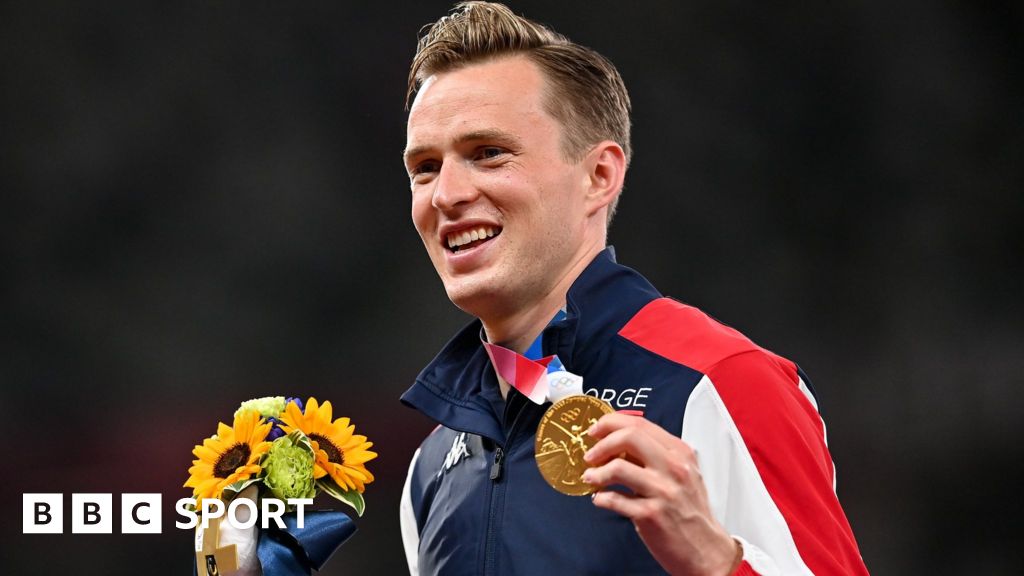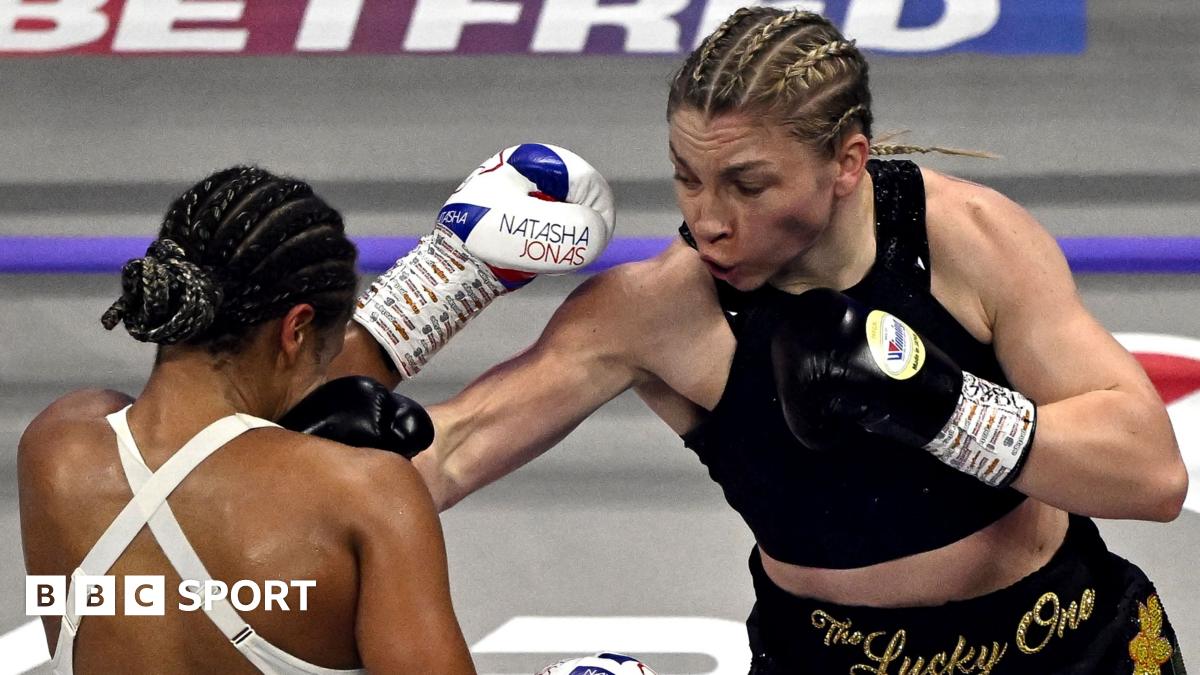2024 Olympic Games: Federations critical of World Athletics prize money

A group of international sports federations say World Athletics’ decision to award prize money at the Paris Olympics “undermines the values of Olympism and the uniqueness of the Games”.
Last week World Athletics announced it will become the first federation to offer prize money at an Olympics this summer.
Gold medallists in athletics events will earn $50,000 (£39,400).
In a statement, the Association of Summer Olympic International Federations (ASOIF), said it was “neither informed nor consulted”, despite World Athletics being one of its members.
It said that the federations it represents have “expressed several concerns”.
“One cannot and should not put a price on an Olympic gold medal,” it said.
“Not all sports could or should replicate this move, even if they wanted to. Paying prize money in a multi-sport environment goes against the principle of solidarity, reinforces a different set of values across the sports and opens up many questions.”
It added that “there has been consensus that Olympic revenues should, at least for the more commercially successful and financially independent international federations, be invested as a priority into development and integrity matters… it appears that World Athletics’ latest initiative opens rather than solves a number of complex issues.
“ASOIF will raise these concerns with World Athletics and will continue to promote dialogue amongst its members and the IOC.”
Given the Olympics’ origins as an amateur sports event, the International Olympic Committee (IOC) does not award prize money but distributes funding through international federations, and national Olympic committees.
World Athletics’ move, which will be extended to silver and bronze medallists for the 2028 Games, was widely praised by former athletes when it was announced by its president Lord Coe.
In response to ASOIF’s statement, World Athletics said: “Awarding this prize money to gold medallists in Paris 2024, and then extending it to all medallists in LA 2028, is about underscoring our unwavering commitment to empowering the athletes and recognising the critical role they play in the success of an Olympic Games.
“It is impossible to put a marketable value on winning an Olympic medal. But we think it is important to make sure some of the revenues generated by our athletes at the Olympic Games are directly returned to those who make the Games the global spectacle that it is.
“This is the continuation of a journey World Athletics started back in 2015, which sees all the money received every four years from the IOC’s revenue share allocation (approximately $40m) go directly back into our sport.”
It added “80% of all World Athletics’ income goes directly back into the sport”.
Earlier this week, David Lappartient, the head of cycling’s governing body the UCI, said World Athletics’ decision went against the Olympic spirit.
Andy Anson, the head of the British Olympic Association (BOA), was also critical, saying he did not think it was “particularly appropriate or helpful”, and risked creating a two-tier Olympics.
Some national Olympic committees offer financial rewards to their medallists, though the BOA does not.
Related
Jonas vs Price: How women’s boxing can become centre stage…
The iconic Royal Albert Hall has hosted pugilism for over a century, welcomed key political figures and showcased musical superstars.On Friday evening, a women'
Belgian Darts Open: Ryan Searle sets up Luke Littler showdown…
Ryan Searle set up a showdown with world champion Luke Littler and Mike De Decker booked a reunion with world No 1 Luke Humphries
Sky Sports presenter reveals she has a brain infection following…
A Sky Sports presenter has revealed she has a brain infection after battling cancer.Emma Saunders, who works as a presenter and match day reporter for Sky, was
Jonas vs Price as it happened: Reaction, analysis, boxing results,…
'I want to go back to Wales'published at 23:37 Greenwich Mean Time 7 March23:37 GMT 7 MarchPrice beats Jonas by unanimous decisionLauren Price speaking to Sky S













